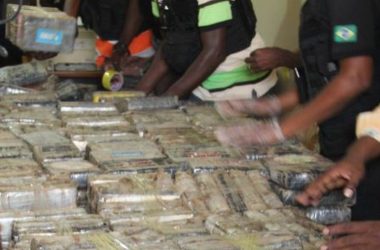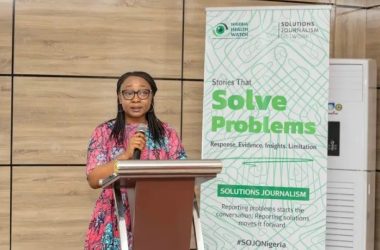By Kemo Cham
Senegalese president, Abdoulie Wade, a leading voice in the community of African leaders, has reiterated the need for Africa to prioritize internet connectivity as a way of overcoming its numerous burdens. “The priority is connecting Africa. To do this we must make the Internet accessible and equip Africans with new computers. Thus reducing the digital divide in Africa,” Wade said on Sunday, January 1, 2010, as he addressed the heads of state and government gather at the Ethiopian capital, Addis Ababa, for the ongoing 14th the summit. With the availability of internet connectivity President Wade believes that access to training and knowledge of the economy in general will become simple. The Senegalese leader highlighted the path taken by his country as regard his government’s effort in this direction. He said Senegal has instituted, among others, a policy of democratizing access to the Internet and ICT infrastructure. Another project on the pipeline, according to him, will see various centres installed across the country, fitted with cyber cafes, video conferencing facilities, entertainment facilities for the youth who would be trained alongside on various useful trades across the sectors of agriculture, multimedia, maintenance, development, etc. He noted that a prototype of this project has already been installed, and that ten more are planned for this year as a way to ‘‘convince donors who can help our country finance other cyber-spaces.’’ President Wade also proposed, as is already done in Senegal, the development of an African education system with the use of the computer from kindergarten to university level. “Today, with boxes for toddlers, children become familiar with computers and in some universities, students engage in distance educational courses taught by professors from major universities in the Western world and India, President Wade said. In general, the Senegalese president added, reducing the digital divide requires access to computer at all occupational categories. “We must therefore purchase and distribute computers to everyone: students and teachers.” Under the Digital Solidarity Fund, Senegal already has 30,000 computers donated by the French global insurance companies groups called AXA, and has a repackaging centre with computers, with support from the town of Besançon in France. Outside the education sector,  President Wade sought to sensitize his peers on the need to strengthen telemedicine in Africa, while welcoming the establishment in India, of the interconnection project of 53 African states with fibre optic services of telemedicine, distance education and satellite video conferences between heads of state.
President Wade sought to sensitize his peers on the need to strengthen telemedicine in Africa, while welcoming the establishment in India, of the interconnection project of 53 African states with fibre optic services of telemedicine, distance education and satellite video conferences between heads of state.
A new state in Africa for Haitians returnees
Meanwhile, the Senegalese president’s idea of creating a new state for Haitians who want to return ‘home’ to Africa is reported to have been embraced by the continent’s leaders gathered in Addis Ababa. President Abdoulaye Wade first made the proposal early this month after the island of Haiti was struck by a powerful earthquake. The Chairman of AU, Jean Ping, told African leaders during his opening speech that the proposal would be discussed during the three-day event in Addis Ababa. “It is out of a sense of duty and memory and solidarity that we can further the proposal of Senegalese President Abdoulaye Wade to create in Africa the conditions for the return of Haitians who wish to return after the effect of the disaster that ravaged Haiti,” Mr Ping was quoted by Reuters.
Trending :
- 18 hours ago
- Lawyer Martin Calls For President Adama Barrow’s Removal
- 18 hours ago
- Gambia’s Midyear Budget: Revenue Jumps But Deficit Remains
- 19 hours ago
- Assan Martin Warns Gambian Politicians: “Political Suicide Awaits The Ambitious”
- 20 hours ago
- Vendors Struggle As Serekunda Market Relocation Presents New Challenges
- 2 days ago
- GPA Staff Sent Home Over Multi-Million Dalasi Financial Scandal But…




